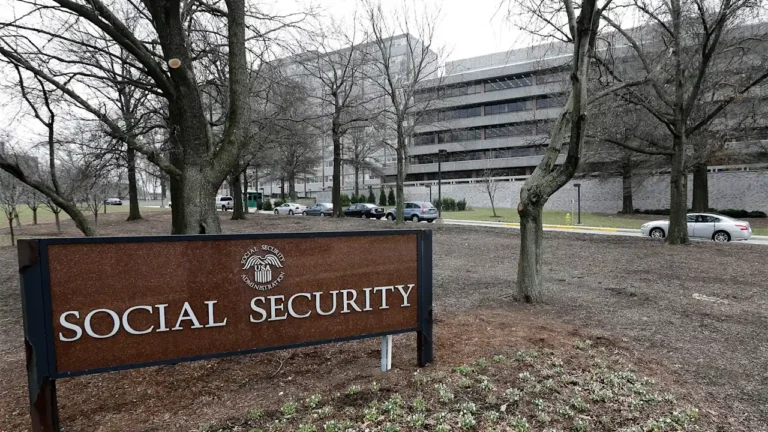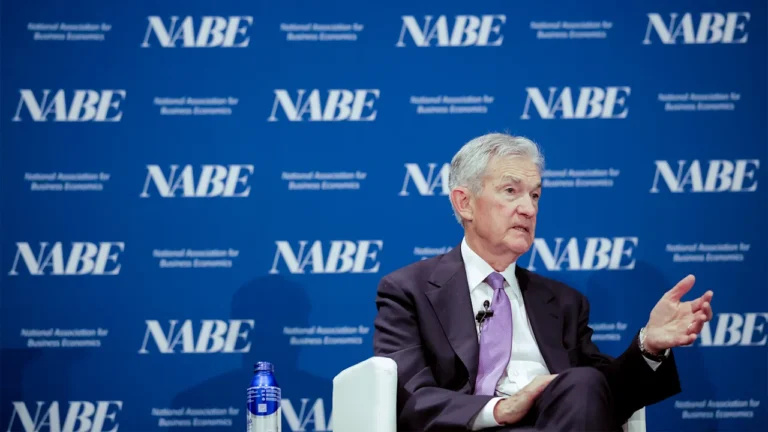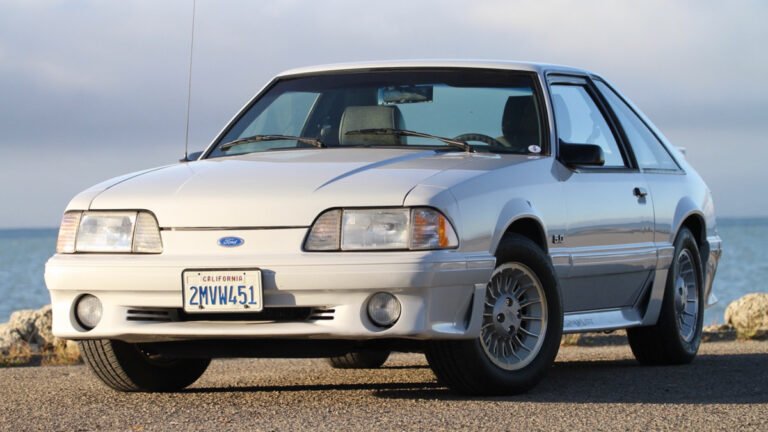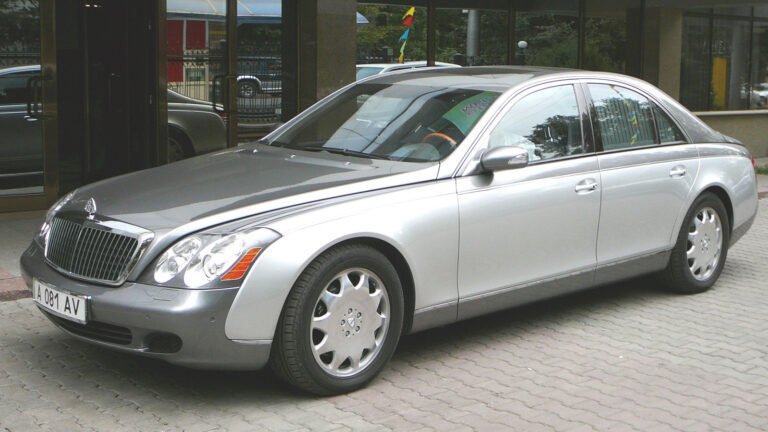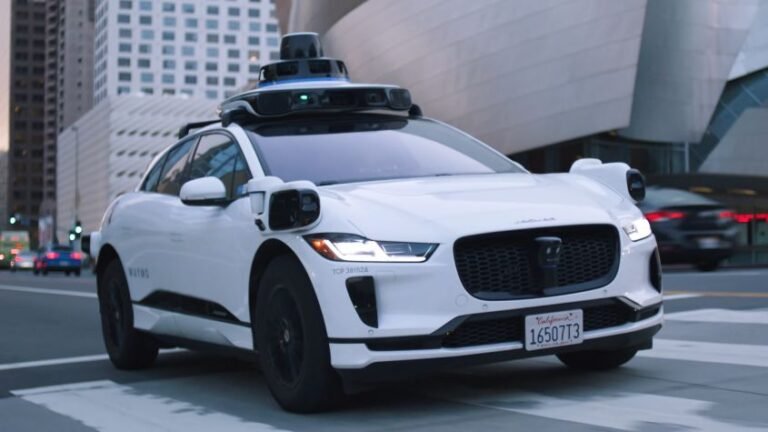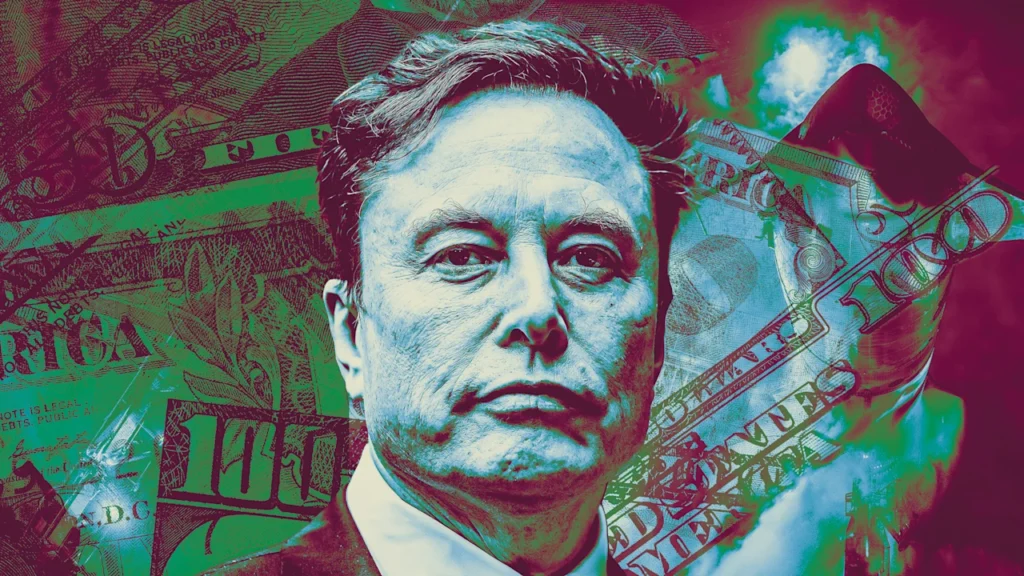
The U.S. Space Force on Friday announced it will assign five of seven critical military missions for the coming fiscal year to Elon Musk’s SpaceX. The awards are a $714 million boon to SpaceX, underscoring the company’s continued dominance over Pentagon space contracts, despite Musk and U.S. President Donald Trump’s public falling out earlier this year.
United Launch Alliance (ULA) will undertake the two other launches; it was awarded $428 million for two launches, according to a press release viewed by Space News.
SpaceX pulls ahead on Pentagon launches
The awards are made under the National Security Space Launch Program, which earlier this year selected SpaceX, ULA, and Jeff Bezos’ Blue Origin for 54 missions scheduled between fiscal 2027 and 2032 as part of its National Security Space Launch Program (NSSL)—contracts worth $13.5 billion.
“Space is the ultimate high ground, critical for our national security,” said U.S. Space System Command official Col. Eric Zarybnisky in a release, per Air Space and Forces.
“We continue to assure access to that high ground. Delivering assets to the warfighter is our ultimate mission, and we rely on our strong government-industry partnerships … to successfully achieve that goal,” Zarybnisky said. Fast Company has reached out to the Space Force for comment.
The missions assigned to SpaceX include launches for a communication satellite, three classified payloads, and a reconnaissance satellite. The Space Force makes its awards two years in advance, so these launches will likely take off in 2027.
Blue Origin pushes for Mars mission
The awards also underlined the fact that Blue Origin’s New Glenn rocket—the company’s rival to SpaceX’s Falcon Heavy—has yet to be certified for national security launches. “No missions were assigned to the third provider, Blue Origin, which has its next opportunity for a mission in FY27,” Space Systems Command said in a statement, per SpaceNews.
Blue Origin’s New Glenn is slated to launch a NASA mission to Mars as soon as the end of this month—delayed since 2024—that could bring it closer to receiving certification, however.
